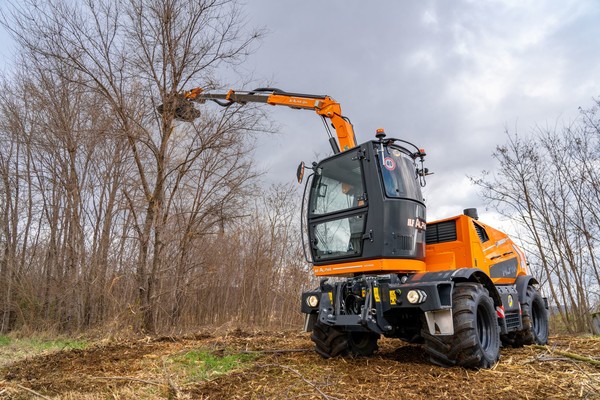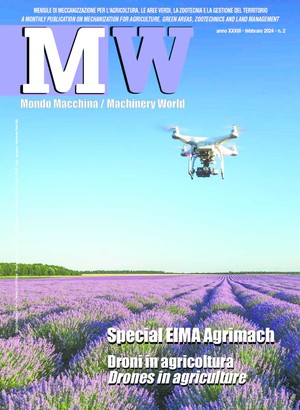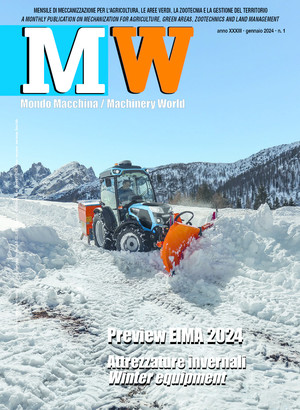
The active management of italian forests
As part of the EIMA Energy bioenergy exhibition, in-depth meetings were held on the productive and eco-sustainable management of forests. The spotlight was on a Italian Ministry of Agriculture project within the framework of the Development and Cohesion Fund
Italy we have an invaluable forest heritage spread over more than 11 million hectares or 35% of the national territory. It is well known that due to the geographic ruggedness of the terrain, the lack of infrastructures (first and foremost the road network) and the inadequacy of governance, the productive potential of our forests is today enormously under-exploited. However, the change of gear of the Italian Ministry of Agriculture - MiPAAF, which with a series of measures has given impetus to the new National Forestry Strategy where active forest management is promoted, bodes well.
Silviculture is a millennia-old practice that, where applied rationally, has made it possible not only to conserve but also to increase forest resources and biodiversity. This dynamic is the result of the daily work and expertise of an entire supply chain, of which foresters are the real driving force. The companies themselves have evolved, in their equipment and working procedures. In the perception of most, who know little about the forestry world - this is observed by Itabia, the Italian Biomass Association, which is an active participant in the organisation of EIMA Energy held in Bologna last November - a coppice cut is perceived as deforestation, a forest track is interpreted as irreversible damage to the forest heritage, while the real damage is that generated by abandonment and neglect. Precisely in the setting of EIMA, ITABIA wished to give voice to the sector with a workshop dedicated to listening to operators and their confrontation with experienced technicians such as Raffaele Spinelli of CNR IBE (Institute for Bioeconomics), Lorenzo Vagaggini of Studio STAR (Rural Environment Services) and Antonello Liberatore, Vice President of the Association GESTA (Sustainable Land Management in Abruzzo), an association that brings together public and private entities to stimulate active and sustainable management of rural areas (forests, pastures and agricultural land) in Abruzzo. The initiative is part of a project financed by MiPAAF within the framework of the Development and Cohesion Fund 2014-2020, Operational Plan Agriculture, Subplan 3 'Multifunctionality of the forest and sustainable use of renewable resources in rural areas'. GESTA brings together 28 participants - 4 municipalities, 18 ASBUCs and 6 private individuals - involving a territory of more than 14,000 hectares, of which about 11,600 are forests and 2,400 pastures, many of them collectively owned and characterised by wild forest formations.
From this point of view, it is of fundamental importance to focus on the problems and remove the obstacles that prevent active management of the forest - ITABIA emphasises - in order to make the most of its many resources and preserve the ecosystem services it generates. The workshop, which was well attended, stimulated a constructive exchange of views between stakeholders operating in different regions of Italy, and also attracted the attention of some members of the National Thematic Network set up within the Eu BRANCHES aimed at spreading good practices in the circular bioeconomy sector.








